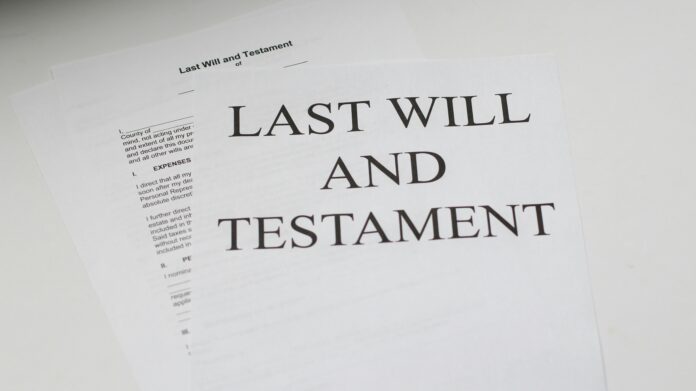
Q. Years ago, my uncle put land in my name to avoid his wife taking it upon their divorce. She has since died. A couple of years later, with my uncle’s consent, I sold the land and bought my uncle a house to live in. That said, while my uncle did live in this house until he died, the house was actually in my name. When my uncle died, he had a will, of which I am the executor. In the will he left €40,000 to my cousin. However, my uncle had no money left when he died, so my cousin cannot receive anything because there is nothing there. This cousin is insisting that the house is part of the estate and can be sold to pay him, is this correct?
Dear Reader,
Disputes over the content of a will can lead to difficulty and possibly legal action.
Yours is an unusual situation. The first thing to figure out is whether you are indeed the rightful owner of the house. If it can be shown that your uncle did not mean to transfer the legal ownership to you, but held the initial land and thereafter the house in trust for him, then there is a possibility of a ‘resulting trust’.
A resulting trust basically means it could be deemed that you only held the property in trust for your late uncle. In that instance, you could be forced to put the house in your uncle’s estate. However, in order to establish that you only held the property in trust for your uncle, you would have to give evidence of any agreement between you and your uncle. As your uncle is now dead and not available to give evidence of any agreement between you, any action seeking to prove a resulting trust in relation to the house will prove very difficult and may not be successful.
Furthermore, in this case, you are the executor of the will, and this effectively gives you control of the estate. However, there could be construed to be a conflict of interest between your role as executor and you as a beneficiary. This situation has the potential for someone to object to your role as executor and for them to apply to have you removed.
However, this is going to involve legal action on behalf of the estate, which will have to run up substantial costs. Therefore, unless your cousin goes to court to have you removed as executor, you can simply refuse to have the house form part of the estate.
However, in order to avoid litigation, you may be best advised to try to reach some agreement whereby you give your cousin some money to allow you to retain the house. As, if litigation ensues, the estate will have to pay the costs, thereby diminishing the benefits to all, including yourself. Therefore, if you consider that your cousin may take active steps to pursue the matter a negotiated settlement between you both may be the cheapest and best outcome for all.


